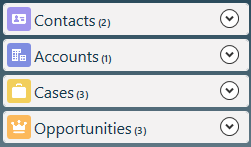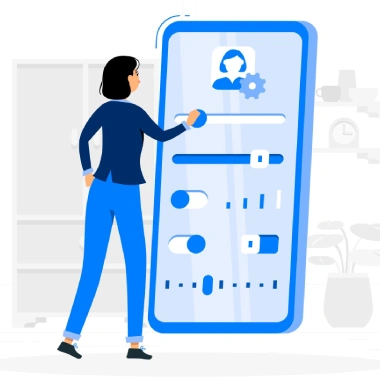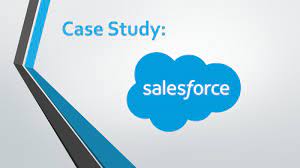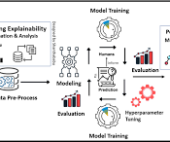Salesforce Case Object
Salesforce Case Object The Salesforce case object represents a case, which is a customer issue or problem. What is the Salesforce case object? A Salesforce Case object can be thought of as a workbook containing all the issues, questions, disputes, and requests that customers have brought up with your business. What is the difference between












